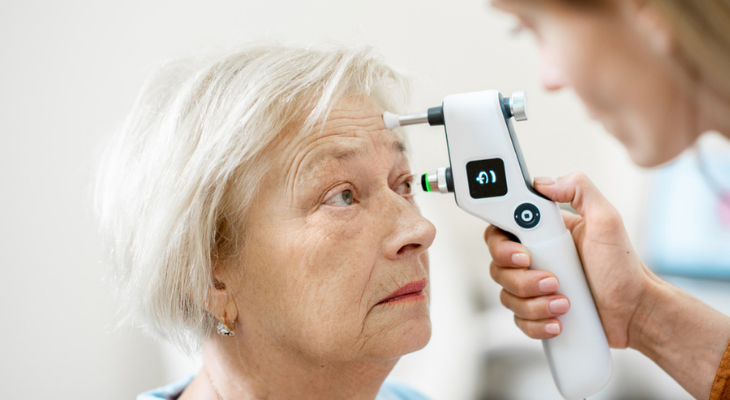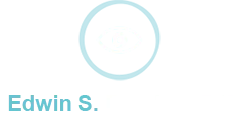
Ocular Hypertension Causes and Treatments
Ocular hypertension occurs when the pressure inside your eye begins to rise. Although the increased pressure doesn't damage your eye, it could increase your risk of developing glaucoma. If you've been diagnosed with ocular hypertension, treatment may help prevent the condition from worsening.
Why Does Ocular Hypertension Occur?
Aqueous humor, a clear eye fluid, nourishes the lens inside your eye and creates pressure that helps your eyeball maintain its round shape. Although the pressure usually remains the same, slow drainage or excess fluid could increase it.
If the pressure is too high, you could develop glaucoma, a condition that occurs when high pressure inside the eye damages the optic nerve. Light impulses travel from the retina at the back of your eye to the brain via the optic nerve. Once the brain receives the impulses, it converts them into recognizable images. If the optic nerve is damaged, the signals never reach the brain, resulting in partial or complete vision loss. Unfortunately, by the time you notice that something is wrong with your eyesight, it's too late to save your vision.
Who Gets Ocular Hypertension?
You may be more likely to develop ocular hypertension if you are over 40, are extremely nearsighted, or are Hispanic or African American. If family members have glaucoma or ocular hypertension, you may be more likely to develop the condition as well.
Your risk of ocular hypertension increases if you've taken steroid medications for a long time, had an eye injury or eye surgery, have high blood pressure, or diabetes. Low blood pressure and a thinner central cornea could also increase your risk, according to Bright Focus Foundation.
How Can I Tell if I Have Ocular Hypertension?
Ocular hypertension has no symptoms. In fact, you won't notice any changes in your vision if the pressure inside your eye rises. Fortunately, your optometrist can tell if your pressure is too high by performing a simple test during your annual eye exam. Your eye doctor uses an instrument called a tonometer to take an eye pressure reading. The tonometer produces a puff of air that briefly flattens your cornea, the clear tissue that covers your iris and pupil.
How Is Ocular Hypertension Treated?
An ocular hypertension diagnosis doesn't automatically mean you will require treatment or develop glaucoma. In fact, only 25 percent of people who participated in a national ocular hypertension study ever developed vision loss from glaucoma. Researchers who followed up on participants in The Ocular Hypertension Treatment Study 20 years later were surprised by the results, as they expected to see much higher rates of vision loss.
You will need to visit your optometrist more often for checkups if you have ocular hypertension. Regular follow-up visits help your eye doctor spot the early signs of glaucoma and offer treatment before the condition can damage your optic nerve and destroy your vision.
If you are eventually diagnosed with glaucoma, your eye doctor may recommend daily prescription eye drops that lower pressure. If blocked drainage channels in your eye are the reason for the pressure increase, you may need a surgical procedure to improve drainage.
Regular eye examinations help your optometrist diagnose and monitor ocular hypertension. Exams are a simple way to protect your eyesight and reduce your risk of vision loss. Contact us if you need to schedule an appointment for an eye exam.
Sources:
American Academy of Ophthalmology: What Is Ocular Hypertension?, 3/9/21
American Optometric Association: Ocular Hypertension
Bright Focus Foundation: Ocular Hypertension and Glaucoma, 4/23/18
